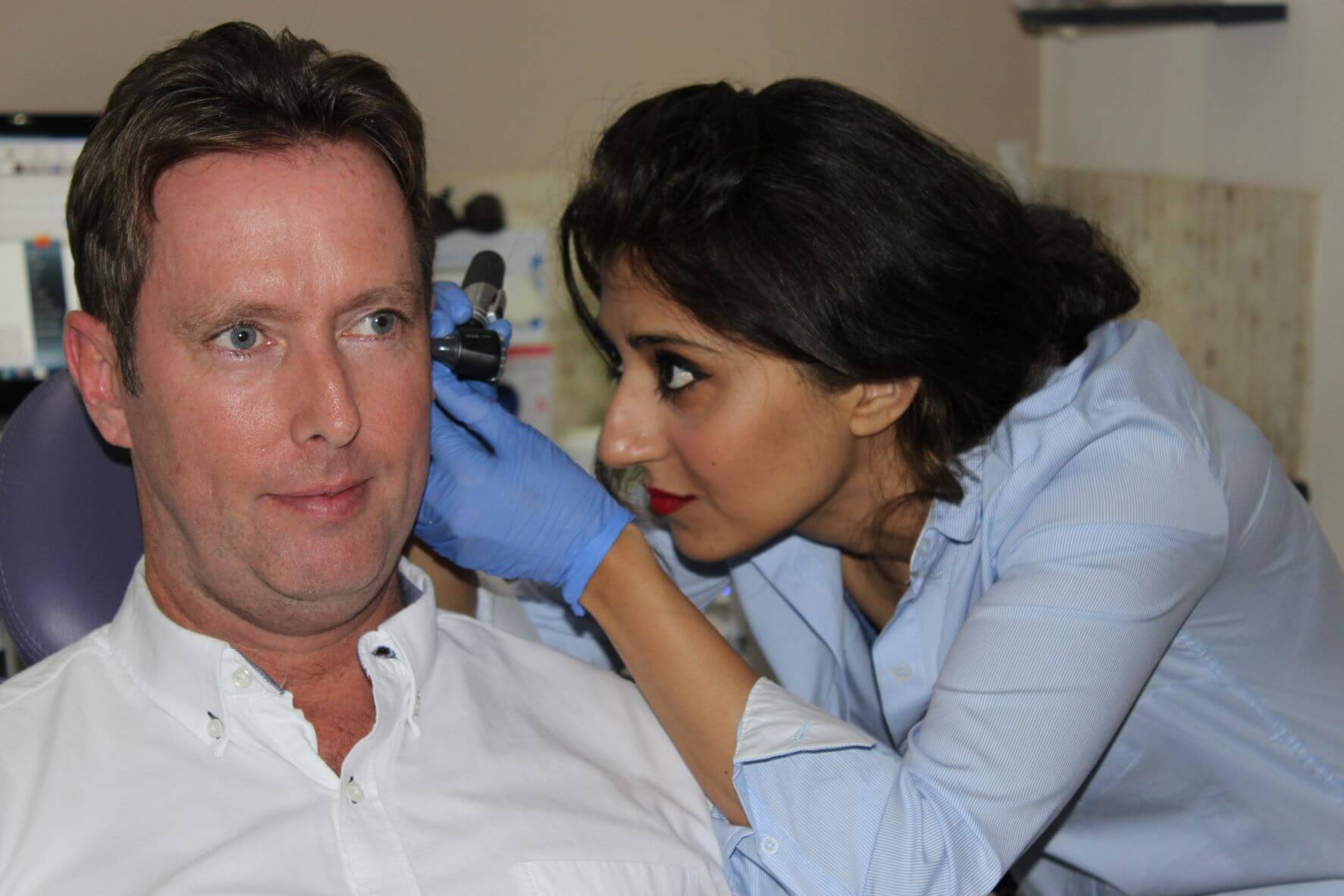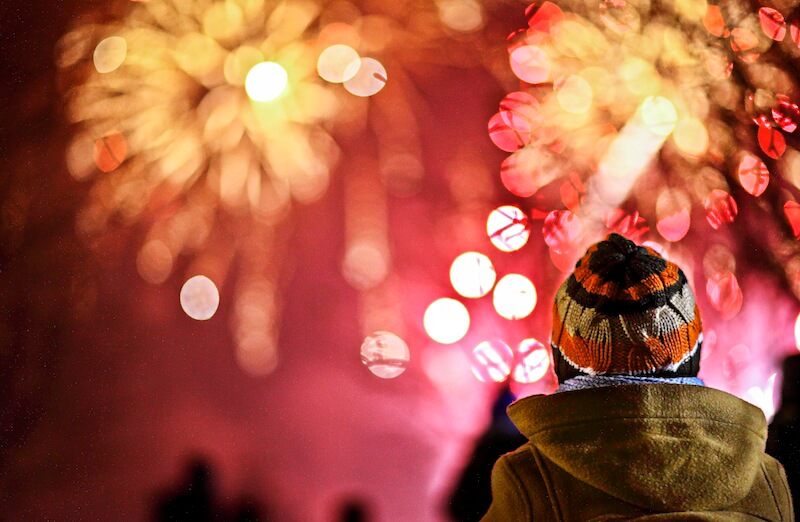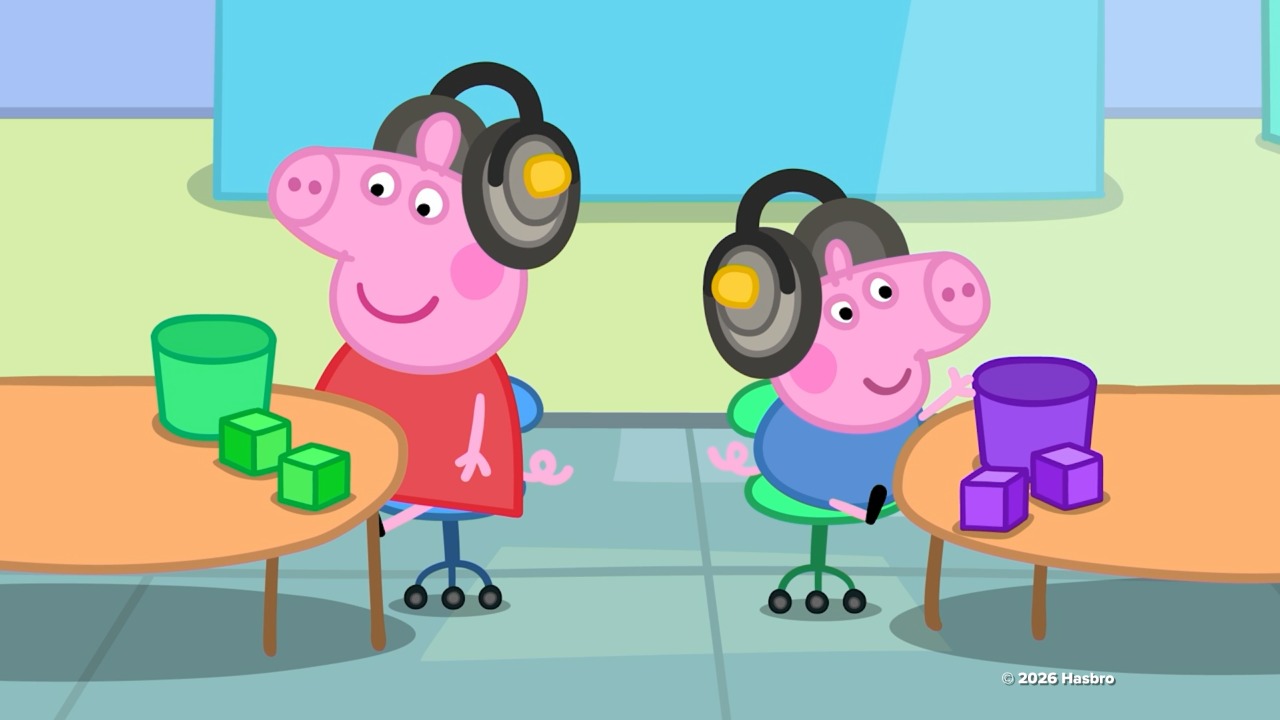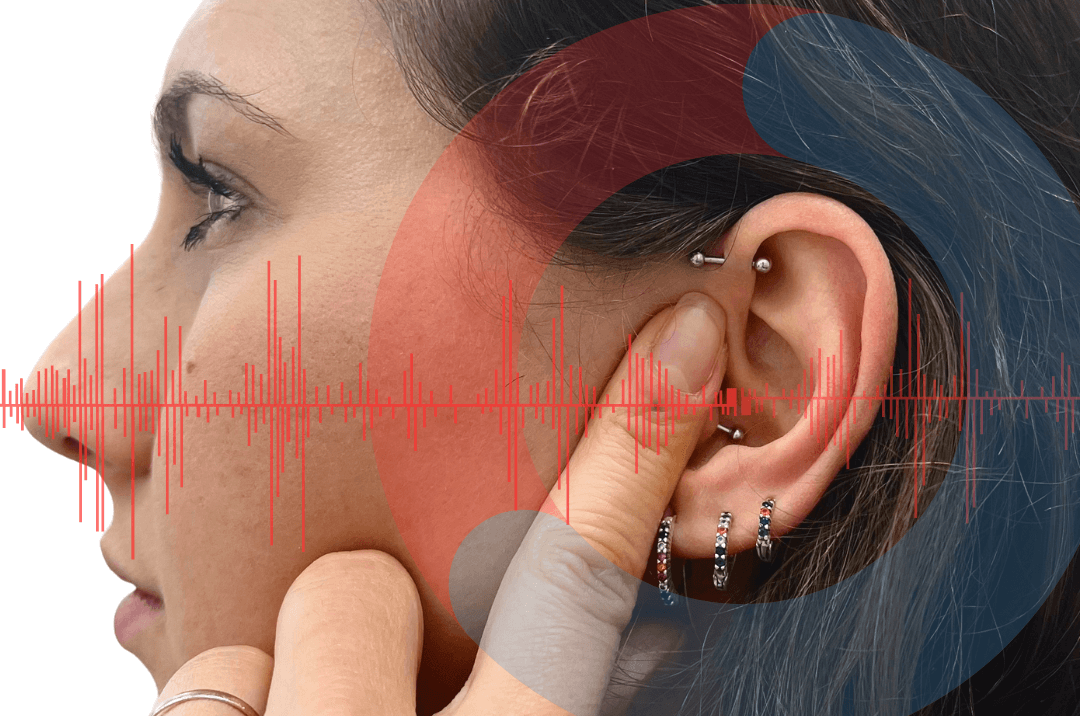
What Is Diplacusis?
Diplacusis is a rare hearing disorder in which a single sound is perceived differently by each ear. Instead of hearing

Generally speaking, exploding fireworks can easily exceed 120 decibels (dB). The considered “safe level” for sound is 85db. This means that being too close to a firework of this sound level could result in a temporary or permanent hearing loss. We would always advise watching from a distance or wearing a form of ear protection.
For comparison, here are some sound levels:
As you can see, fireworks are high up on the list and can often be as loud as a gunshot. A noise of over 85dB is considered to be dangerous to unprotected ears so we would suggest using ear defenders or earplugs. Earplugs can reduce sound level by approximately 30dB.
If you consider the fireworks to be too loud, they are most certainly too loud for any children present. A child’s ears are more sensitive and less tolerant of loud noise. Hearing loss has a huge impact on children and could affect their cognitive development. An easy way to protect your child’s hearing is to get them to wear a pair of ear muffs or special ear defenders. Children may not be as keen on ear plugs as adults but there are specific varieties that can be purchased for children. Wearing ear protection means that fireworks can be enjoyed at a safe noise level for our hearing.
After any extended period of loud noise, your ears will need a little rest. Experts recommend resting your ears for at least 16 hours, although you can obviously choose to rest them for longer. This just means that you should have some time where you are not exposed to any further loud noise.
If you feel that you have experienced any lasting damage to your hearing due to exposure to loud noise, it’s important to have a check-up with an audiologist. For any other advice, please feel free to contact us.

Diplacusis is a rare hearing disorder in which a single sound is perceived differently by each ear. Instead of hearing

Whether you have children in your life or not, we’re willing to bet you’ve heard of Peppa Pig and her

Tinnitus is the perception of sound when there is no external source. It is commonly described as a ringing in